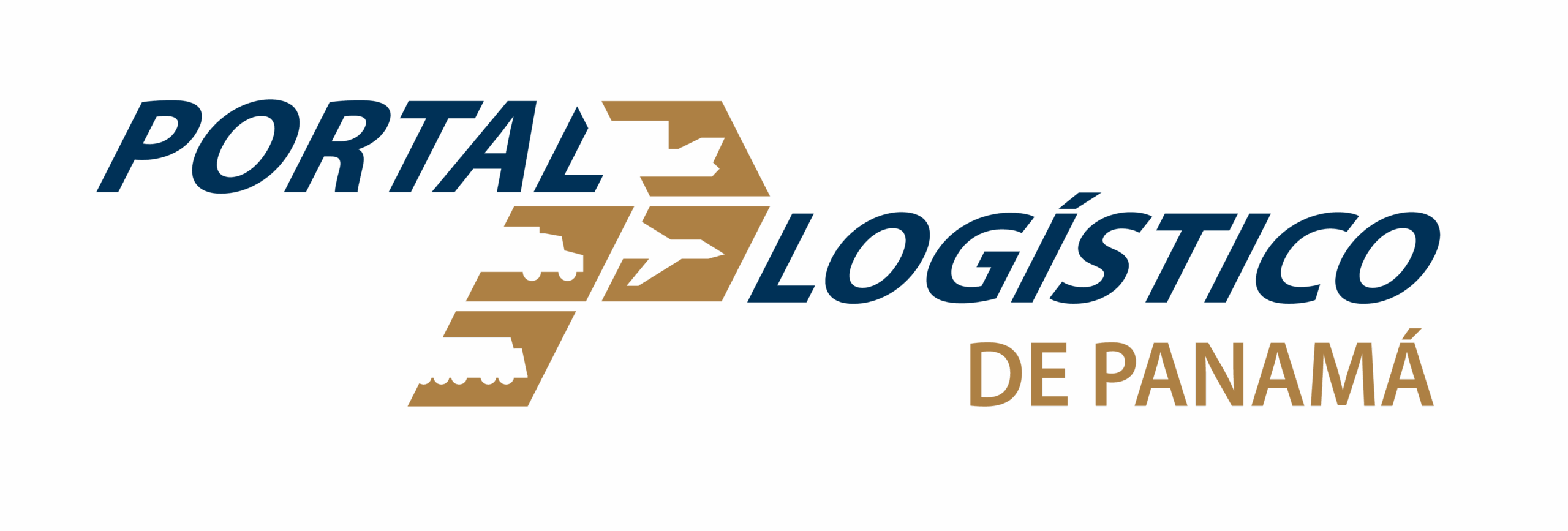Petroleum Free Zones
Taking advantage of the country’s geographical position and being a Logistics Hub, it is important to have a processing, distribution and redistribution center for oil and its derivative products. With Cabinet Decree 36 of 2003, the legal framework is created to establish a petroleum policy and all derivative products.
Companies interested in investing or operating within a Petroleum Free Zone must qualify and meet the requirements for one or more of the different categories, which are:
- Petroleum free zone contractor
- Type a and type b permit petroleum free zone user
- Permit to provide products derived from petroleum by means of barges
- Permit as importer-distributer of petroleum derived products for sale in the domestic market
- Permit as importer-distributer of petroleum derived products for electric generation
- Permit as sub-distributer of petroleum derived products in wholesale distribution in the domestic market
- Permit as importer-distributer of liquid petroleum gas (L.P.G.) For the domestic market
- Permit to recycle or permit for lubricant plants (oils and/or greases)
- Permit for importers of lubricants (oils and/or greases)
- Permits for analysis laboratory
- Permit for independent inspector
- Contractor to refine hydrocarbons
Within this regime, natural or legal, national or foreign companies authorized by the National Hydrocarbons Directorate of the Ministry of Commerce and Industries can develop different activities depending on the categories described above, which include introducing, storing, refining, transforming, manufacturing, mix, purify, commercialize, transport, transfer, pump, sell for the domestic market, export, re-export and, in general, manage and supply crude oil, semi-processed or any of its by-products. This includes even the construction of ports or docks; that is, all kinds of operations or activities typical of a Petroleum Free Zone.
This regime implies a special tax treatment:
- No taxes, fees, tariffs, duties, levies and other fiscal contributions will be incurred due to the introduction, export or re-export of crude oil and its derivatives, as well as inputs, raw materials, supplements or additives, machinery, equipment, materials, spare parts, containers, containers, equipment and other goods, provided they enter the Petroleum Free Zone.
- No taxes, including income tax, duties, levies and other contributions, will be incurred due to the sale or delivery of crude oil, semi-processed or petroleum derivatives that have entered said oil-free zones.
For more information: Cabinet Decree 36 of September 17th, 2003
